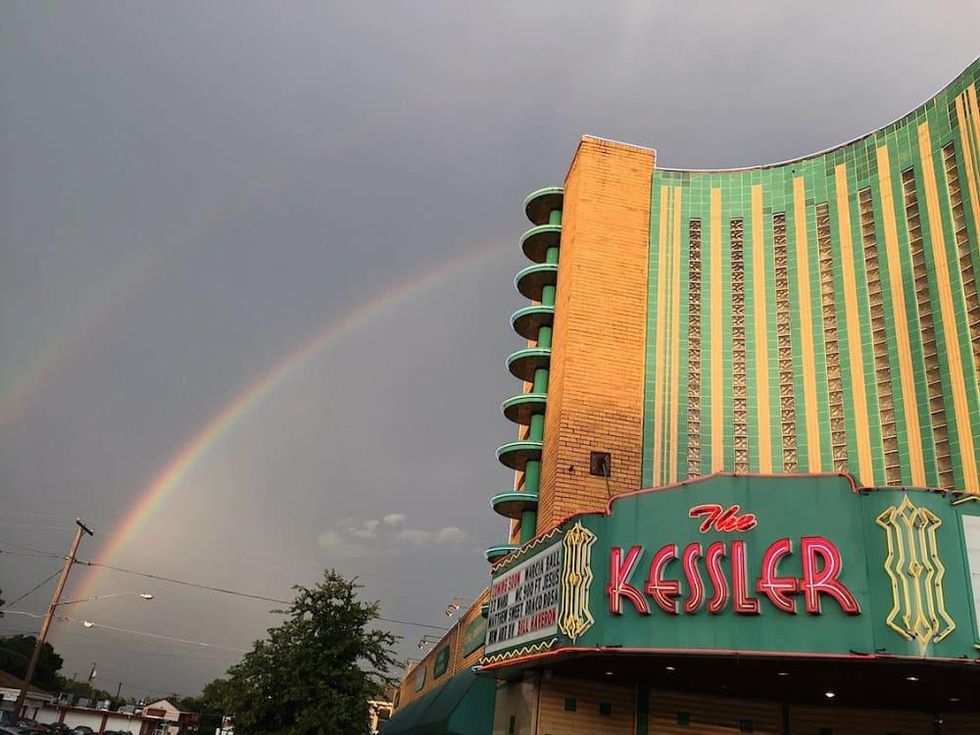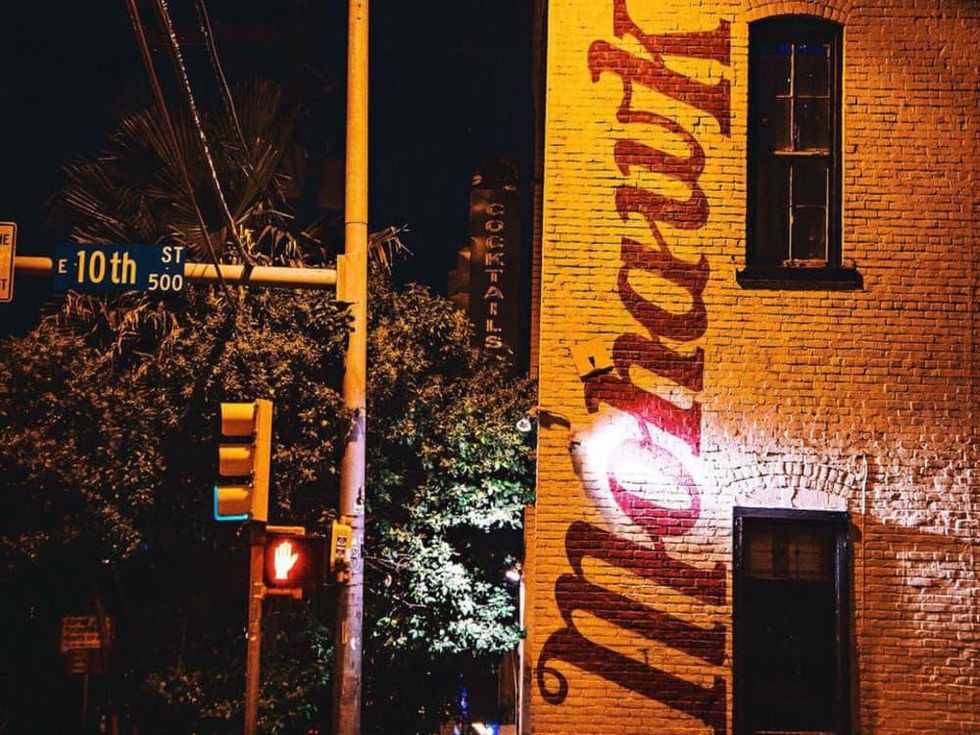Save Our Stages
Texas independent music venues fight for survival with new legislation
Struggling through months of shuttered doors and the serious threat of permanent closure, Texas' independent music venues are finding hope in an unlikely place: the United States Congress.
Two proposed bills, the Save Our Stages Act and RESTART Act, are designed to help music venues stay afloat until the pandemic subsides. Both acts, if passed, will be important steps to save many music spaces that are into five months with no shows, no revenues, and no sign of things getting better.
For many venues across the country, it's simply too late, with several closing down for good.
According to a 2019 study by the Texas Music Office, the Texas music industry provides 209,000 permanent jobs, $6.5 billion in earnings, $23.4 billion in annual economic activity, and generates $390 million in annual tax revenues annually. A recent study conducted by the University of Houston's Hobby School of Public Affairs concluded that 90 percent of Austin music venues will close permanently by Halloween without aid.
The average monthly overhead for a live music venue is $40,000 and many insiders are predicting that large scale shows won't return until 2021, if not longer.
“I don’t think that would be unique to Austin," says San Antonio-based entertainment lawyer and former band manager, Blayne Tucker, about the UH study. "I think Austin will be hit particularly hard, but I think those en masse closures would extend throughout Texas and nationwide as well. The situation is dire and it’s literally a matter of extinction versus survival.”
A silent and invisible killer, COVID-19 is not only ravaging the population across the country, but it's slowly decimating many industries that rely on large gatherings of people, and especially those businesses that center on live music. The good news is there is hope for hundreds of Texas establishments thanks to advocacy efforts in Washington that are picking up steam.
Leading the charge is the National Independent Venue Association, a grassroots, DIY organization of 2,200 independent music venues that started soon after the pandemic forced temporary closures. Tucker, who owns San Antonio area venues such as Limelight, The Mix, Floore's Country Store, and 502 Bar, is co-captain of the Texas chapter of NIVA alongside Austen Bailey, talent buyer for famed Austin haunt Mohawk.
Other notable Texas members include Houston's Heights Theater, White Oak Music Hall, and Warehouse Live; Austin's Cedar Street Courtyard, The Parish, and Antone's Nightclub; Sam's Burger Joint, Paper Tiger, and Cowboys Dance Hall in San Antonio; and Trees, the Kessler Theater, and Prophet Bar in Dallas.
"Many of these venues have been around for decades," Bailey tells CultureMap. "We made it through the depression of 2008-2009, but we are now faced with an unprecedented existential threat."
Donors allowed NIVA to gain a foothold in Washington, D.C. and the organization found a sympathetic ear on Capitol Hill, especially when politicians discovered the potential for long-lasting economic damage, largely due to the connected nature of music venues across the U.S., which act as breeding grounds for local bands, stops for national touring acts as well as serve as non-music event spaces. NIVA got behind the RESTART Act and Save Our Stages Act, both of which are winding their way through the legislative process.
The RESTART Act is non-industry specific, open to any small business that can show a 25 percent decrease in revenue between 2019 and 2020. Those that qualify are eligible for a forgivable loan up to 90 percent, equivalent to 45 percent of the gross receipts from 2019.
The Save Our Stages Act defines the criteria of what makes a music venue, such as having a sound engineer or talent booker on staff. The funds allocated to the qualified participants would be paid in the form of grants to cover 45 percent of a venue’s 2019 gross receipts with a budget of $10 billion. The relief package would exclude owners of venues in multiple states and publicly traded companies.
"We've been mandated by the government to be closed for the greater good of the public," says Edwin Cabaniss, owner of the Heights Theater in Houston and Kessler Theater in Dallas. "We're simply looking for just compensation. We have no means to draw any revenues to speak of if we want to maintain a safe environment until we either find some solution to [COVID-19] like a vaccine or we operate at a 25 to 30 percent capacity range. It's really difficult to make ends meet when you do that."
Thankfully, the bills are blessed with rare bipartisan support with a vote on both expected in the coming days or weeks. Congress is due to go on summer recess this weekend but odds are legislators will stay in Washington until they negotiate an agreement on COVID relief measures. One unlikely ally for the cause is Republican Texas senator John Cornyn, who is co-sponsoring the Save Our Stages Act with Democrat Minnesota senator Amy Klobuchar under the auspices of helping small business. Senator Cornyn's voting record points to being an ally of musicians, lending his support to artists in the realm of digital rights.
“Texas is home to a number of historic and world-class small entertainment venues, many of which remain shuttered after being the first businesses to close,” said Sen. Cornyn in a statement provided to CultureMap. “The culture around Texas dance halls and live music has shaped generations, and this legislation would give them the resources to reopen their doors and continue educating and inspiring Texans beyond the coronavirus pandemic.”
Those tired of watching their favorite artists perform via live stream or those who simply want to support their favorite local venue can lend their support to the Save Our Stages Act by reaching out to representatives via user-friendly system at the NIVA website. After completing the digital letter, the site provides phone numbers to the offices of local representatives should constituents wish to voice their concern for the future of music in Texas.
"The best thing anyone can do is letting your representative at every level of government — local, state, and federal — know that you support the independent music industry and want to see it survive past this pandemic," Tucker said.



